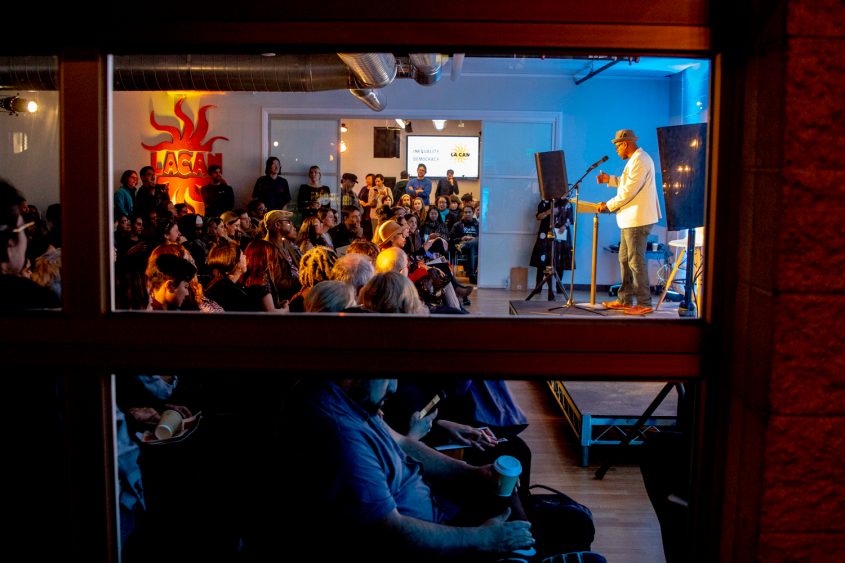
‘Unequal Cities’ Conference Highlights Housing Research The multiday event in Los Angeles launches a global research network supported by the National Science Foundation that will unite scholars concerned with housing justice
By Les Dunseith
UCLA Luskin’s Ananya Roy opened a multiple-day conference convened by the Institute on Inequality and Democracy at UCLA Luskin by stressing a desire to shift people’s thinking beyond the pragmatic concerns of a “housing crisis” to the broader theme of “housing justice” and what that means to society on a global scale.
“Our present historical conjuncture is marked by visible manifestations of the obscene social inequality that is today’s housing crisis, the juxtaposition of the $238-million New York penthouse recently purchased by a hedge fund manager for occasional use, to the tent cities in which the houseless must find durable shelter,” said Roy, a professor of urban planning, social welfare and geography who also serves as director of the Institute.
The setting for those remarks on Jan. 31, 2019, was particularly poignant — just outside, homeless people huddled on a cold and damp evening in tents lining the Skid Row streets surrounding the headquarters of the Los Angeles Community Action Network (LA CAN). Inside, a standing-room-only crowd of about 150 students, scholars, community organizers, housing experts and other stakeholders gathered to hear Roy and other speakers talk about the inadequate supply of affordable housing in California and around the world, and the cultural, political and economic barriers that undermine solutions.
“The fault lines have shifted,” Pete White, executive director and founder of LA CAN, told the audience. “We are now fighting the wholesale financialization of housing.”
The event in downtown Los Angeles and a full day of presentations that followed the next day on the UCLA campus was titled “Housing Justice in Unequal Cities,” and it signified the launch of a global research network of the same name supported by the National Science Foundation. With partners from India, Brazil, South Africa, Spain and across the United States, the network aims to bring together organizations, individuals and ideas around the creation of housing access and housing justice through legal frameworks, cooperative models of land and housing, and community organizing.
Roy said the Institute on Inequality and Democracy views the network as “exemplifying our commitment to address the displacements and dispossessions — what we call the urban color-lines — of our times.”
By partnering with community-based organizations such as LA CAN, “we situate housing justice in the long struggle for freedom on occupied, colonized, stolen land,” Roy told attendees.
The Housing Justice in Unequal Cities Network will bring together research and curriculum collaborations, data working groups, summer institutes, publishing projects and more. Roy said the network will unite movement-based and university-based scholars concerned with housing justice.
The effort also will build upon “an extraordinary proliferation of housing movements, policy experiments and alternative housing models,” Roy said. “This energy crackles all around us here in Los Angeles and it animates the work of the speakers at this conference.”
Over the course of the first evening and the full day of programming that followed, conference participants heard from a variety of speakers from UCLA, across the country and around the world — several of whom traveled from their home countries to be in attendance. The opening night included talks by James DeFilippis of Rutgers University, Maria Kaïka of University of Amsterdam, Erin McElroy of the Anti-Eviction Mapping Project and Keisha-Khan Y. Perry of Brown University.
Kickoff event attendees also were treated to music, with UCLA Luskin’s urban planning student Caroline Calderon serving as DJ, and listened to a riveting spoken-word performance by poet Taalam Acey.
“A man is judged by what’s in his soul and what is in his heart … not just what is in his pocket,” Acey said.
The second day of the event attracted a crowd of about 250 people and focused primarily on current research related to housing justice. Speakers pointed out that housing equity goes well beyond the extremes of homeownership and homelessness to include the experience of renters as well.
“Renters are powerful contributors and creators of their communities,” noted Sarah Treuhaft of PolicyLink.
According to Tracy Jeanne Rosenthal of the Los Angeles Tenants Union, “We don’t have a housing crisis, we have a tenants’ rights crisis.”
Additional speakers at the conference included UCLA Luskin’s Michael Lens, associate professor of urban planning and public policy; UCLA Luskin graduate students Terra Graziani and Hilary Malson; Gautam Bhan of the Indian Institute for Human Settlements; Nicholas Blomley of Simon Fraser University; Nik Heynen of University of Georgia; Toussaint Losier of University of Massachusetts, Amherst; Sophie Oldfield of University of Cape Town; Laura Pulido of University of Oregon; Raquel Rolnik of University of São Paulo (via video); Tony Roshan Samara of Urban Habitat; Desiree Fields of University of Sheffield; and former UCLA Luskin Urban Planning faculty member Gilda Haas of LA Co-op Lab.
Those interested in finding out more and getting involved in the effort are encouraged to sign up to receive housing justice reports and updates about community action and events: join the network.
View additional photos from the conference on Flickr.
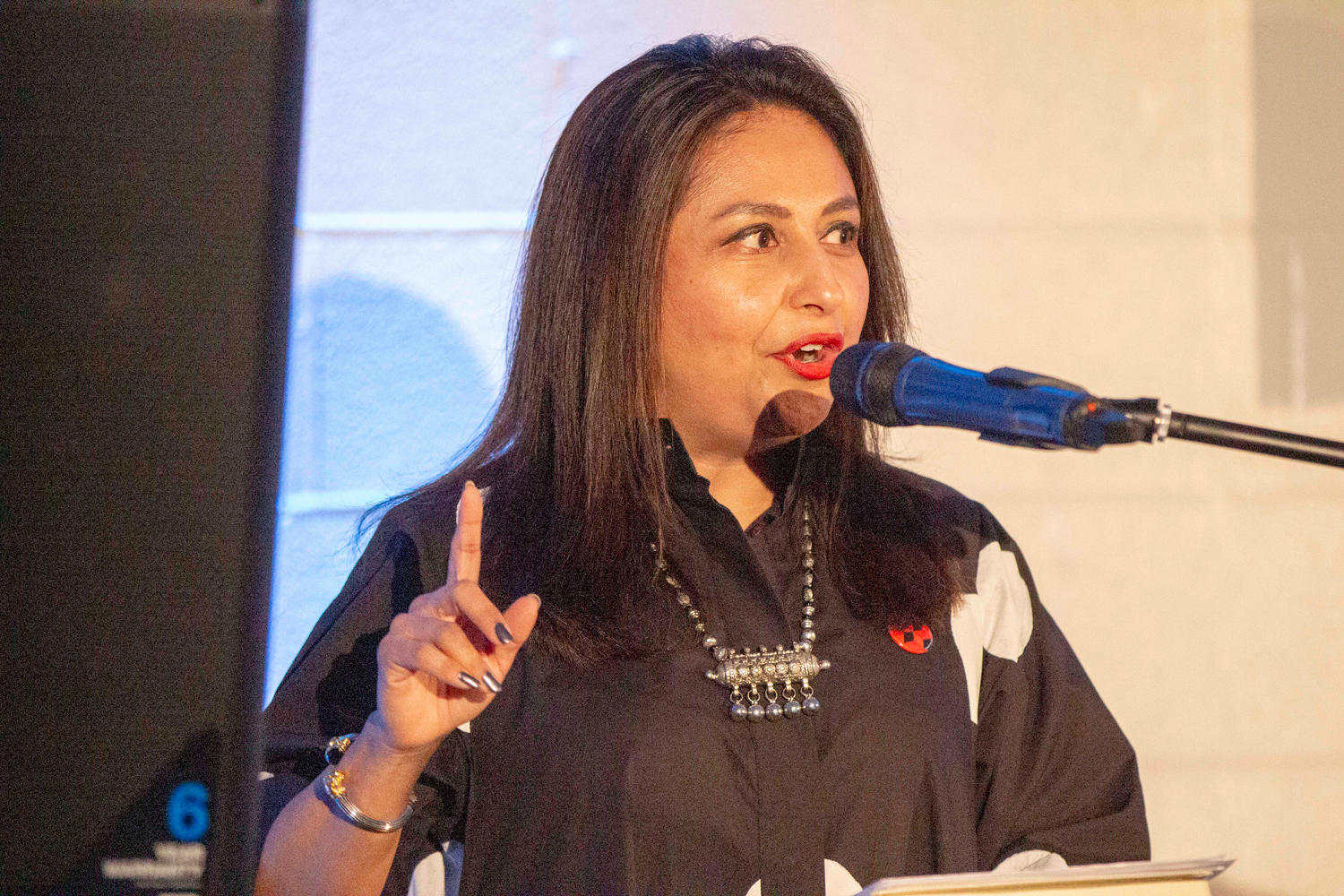

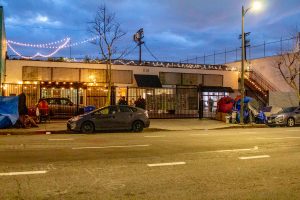
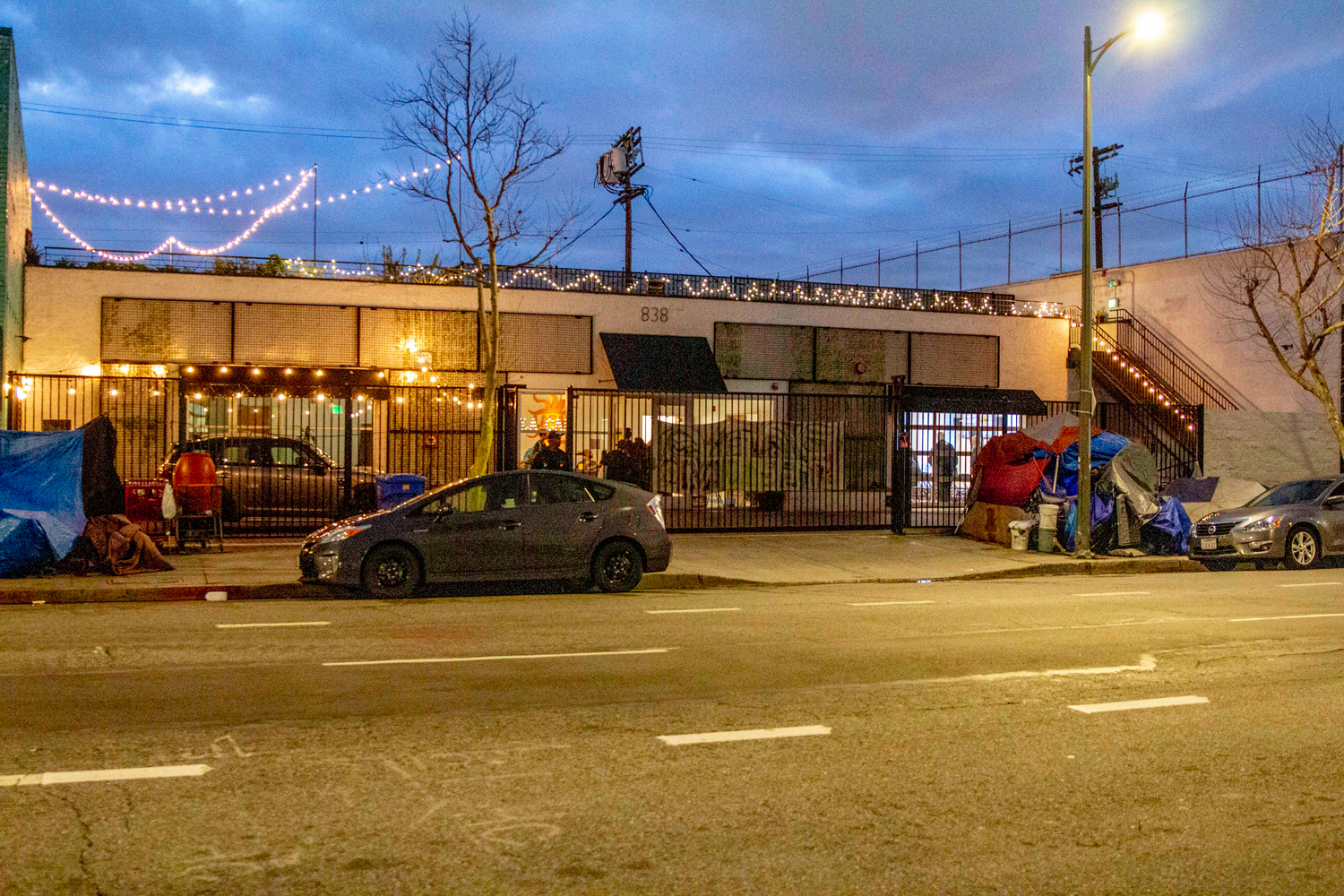
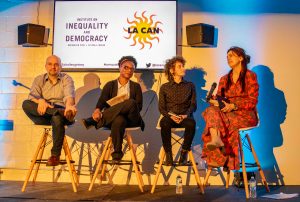
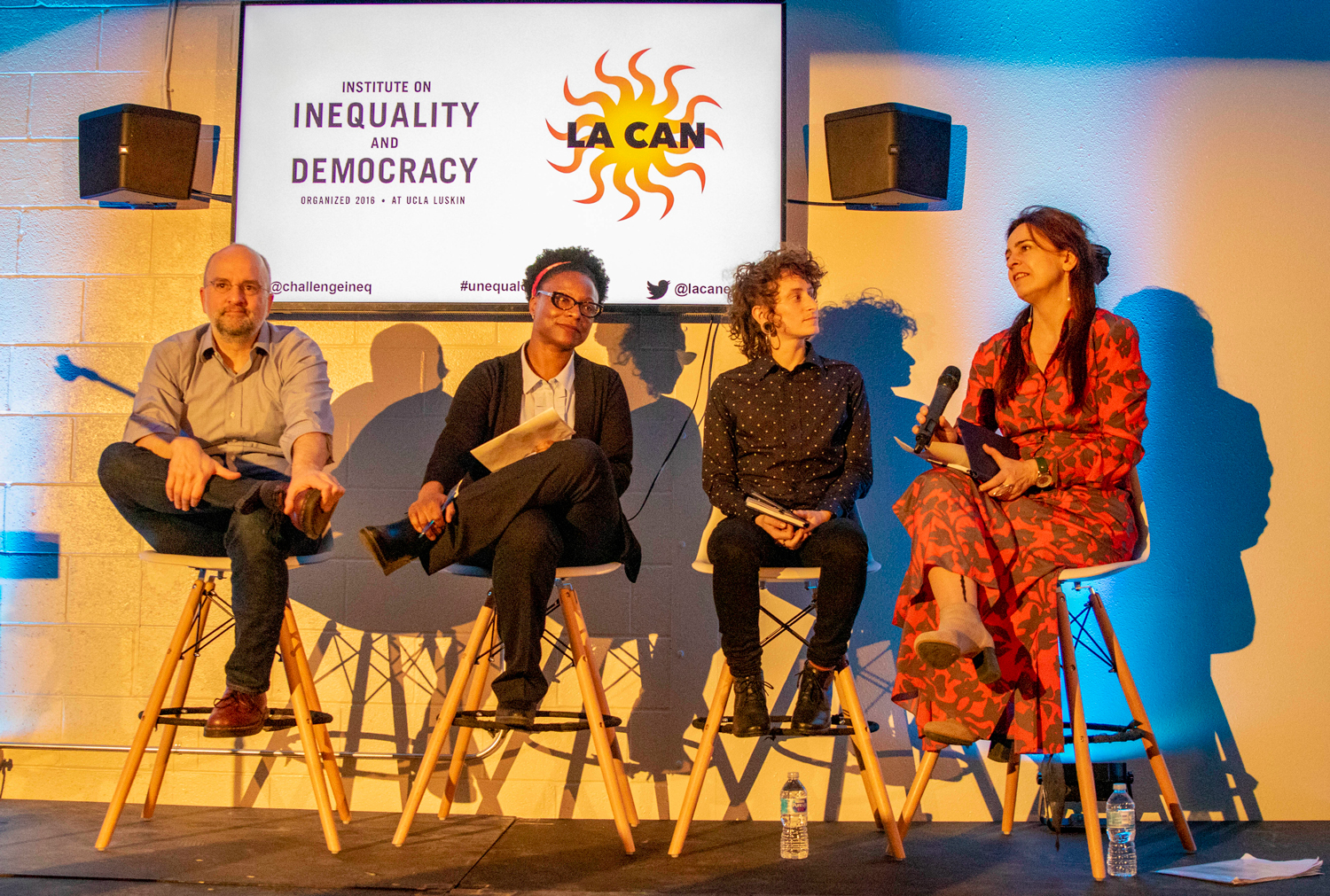
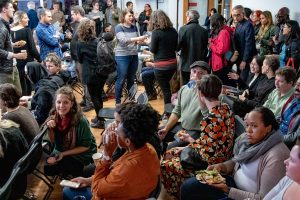
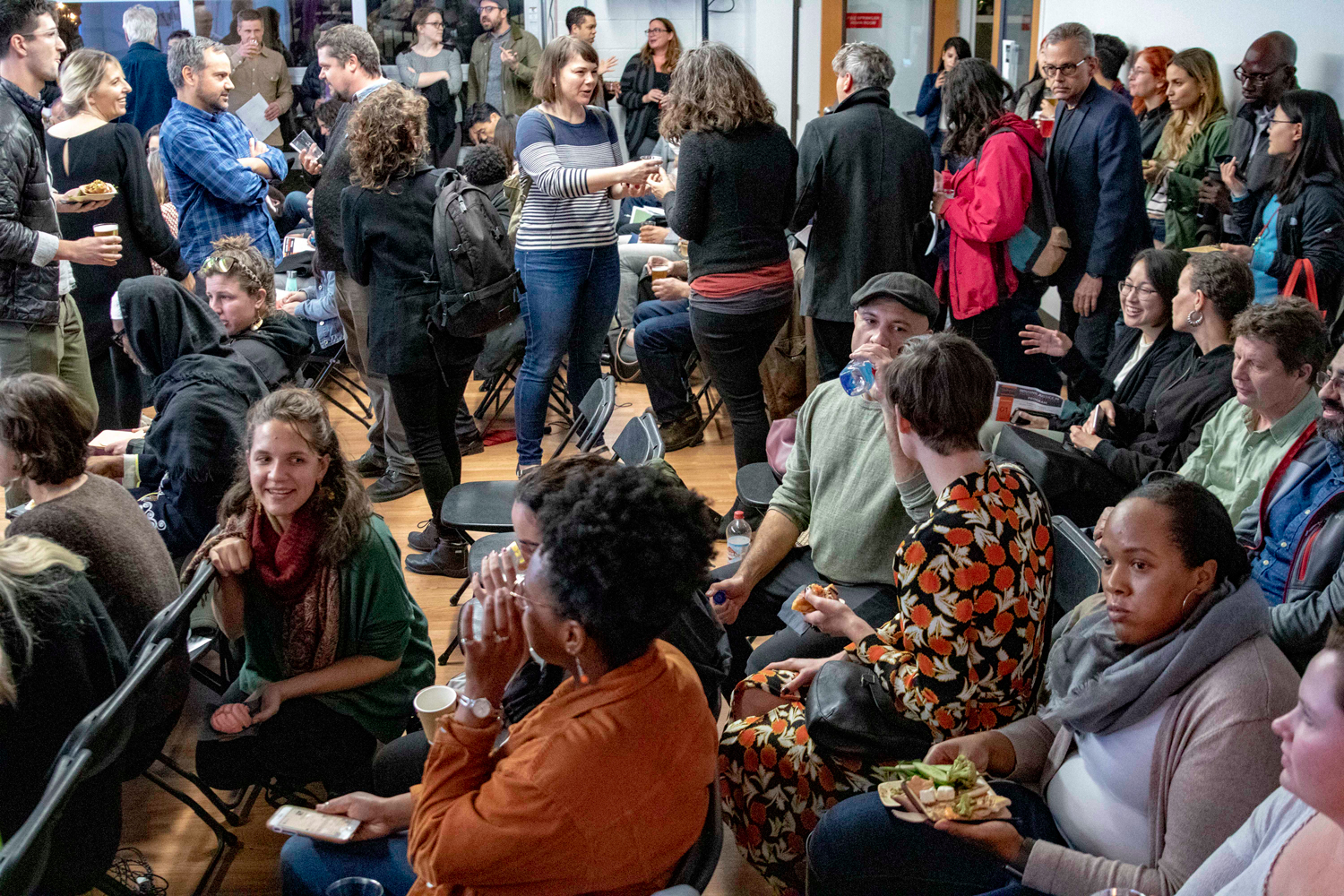
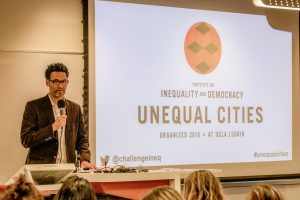
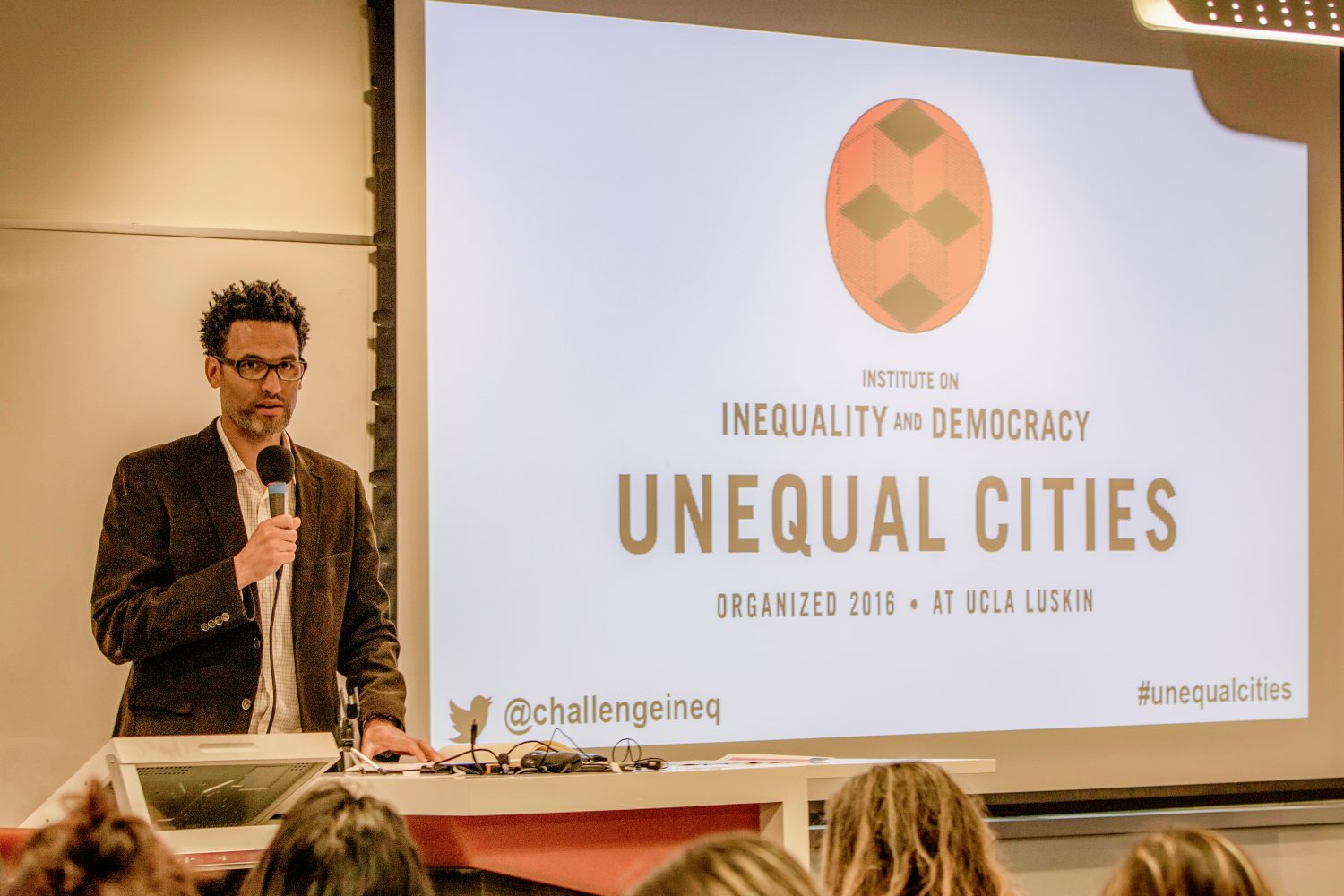
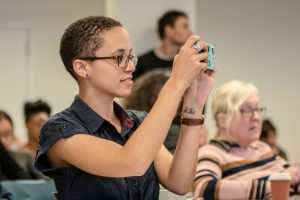
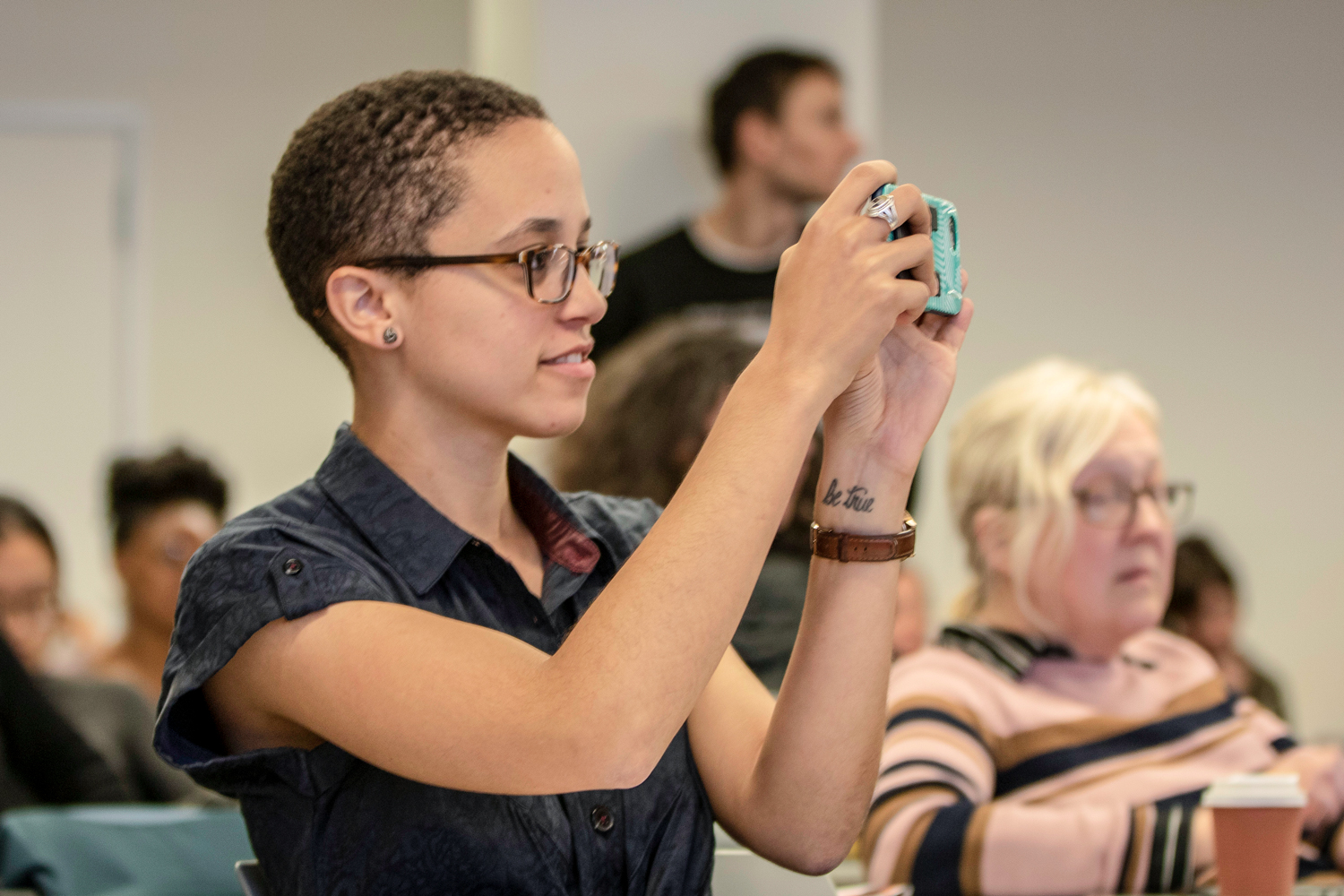
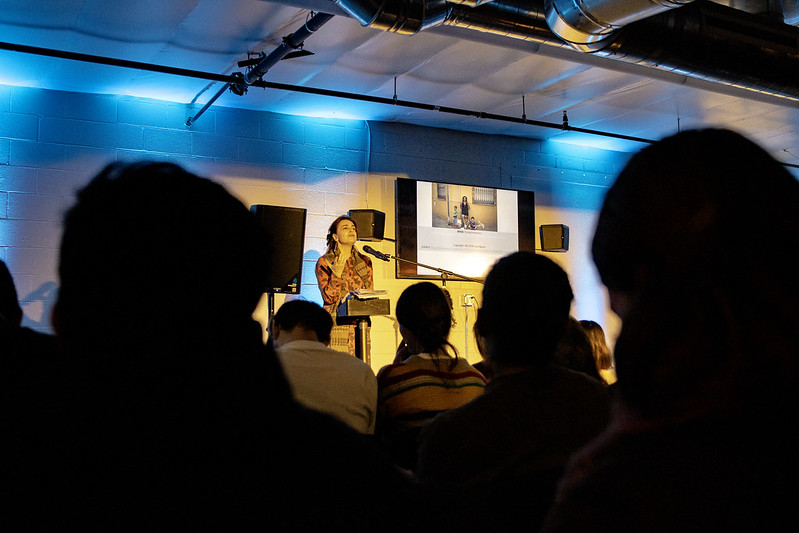
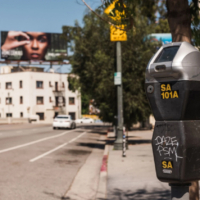




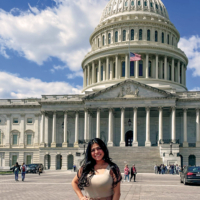


Leave a Reply
Want to join the discussion?Feel free to contribute!